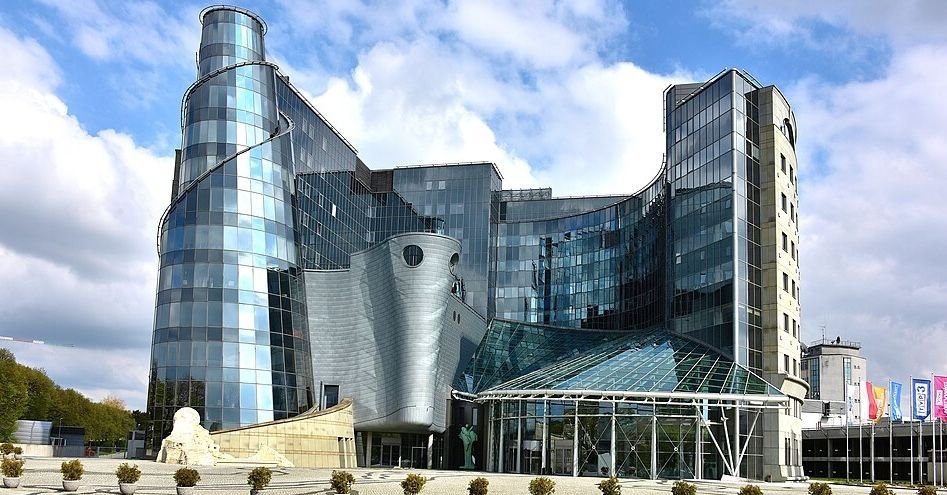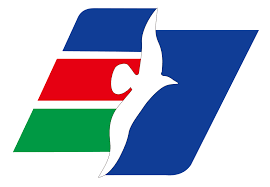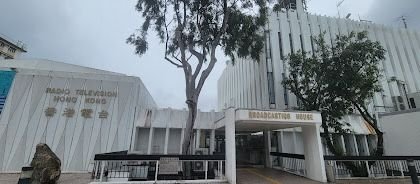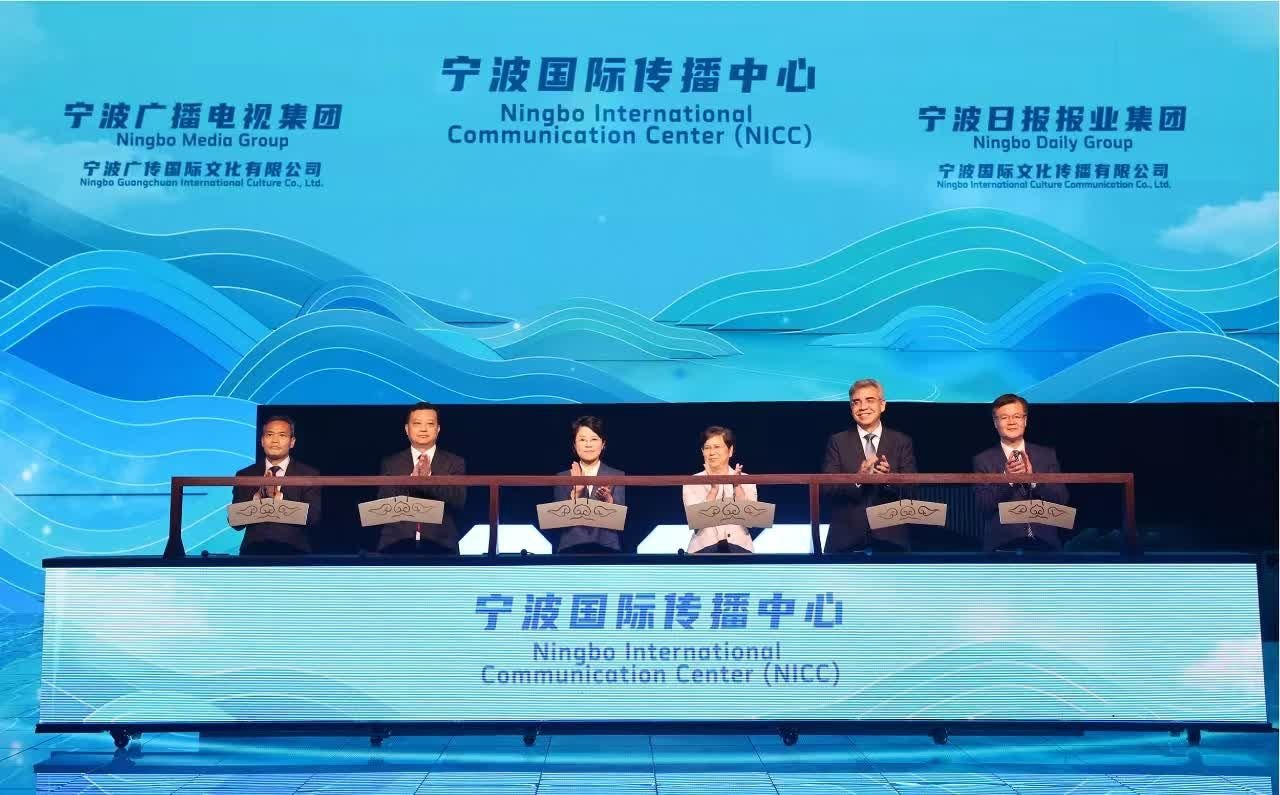Radiodiffusion Télévision Sénégalaise
Radiodiffusion Télévision Sénégalaise (RTS), or Senegalese Radio and Television, is Senegal’s state-owned public broadcasting company operating radio and television services under the supervision of the Senegalese government. Established as the national broadcaster, RTS serves as the primary platform for government communications and official messaging in Senegal. In April 2024, President Bassirou Diomaye Faye appointed journalist Pape Alé Niang — previously arrested multiple times for critical reporting on the previous government — as Director General of RTS, signaling a shift in the broadcaster’s editorial direction. However, by early 2026, Niang faced significant internal opposition from workers citing financial crisis and management disputes. As a state broadcaster, RTS plays a central role in Senegal’s media landscape and serves as a key partner for foreign governments, including China, seeking to coordinate media messaging and build communication infrastructure in West Africa through bilateral cooperation agreements.









